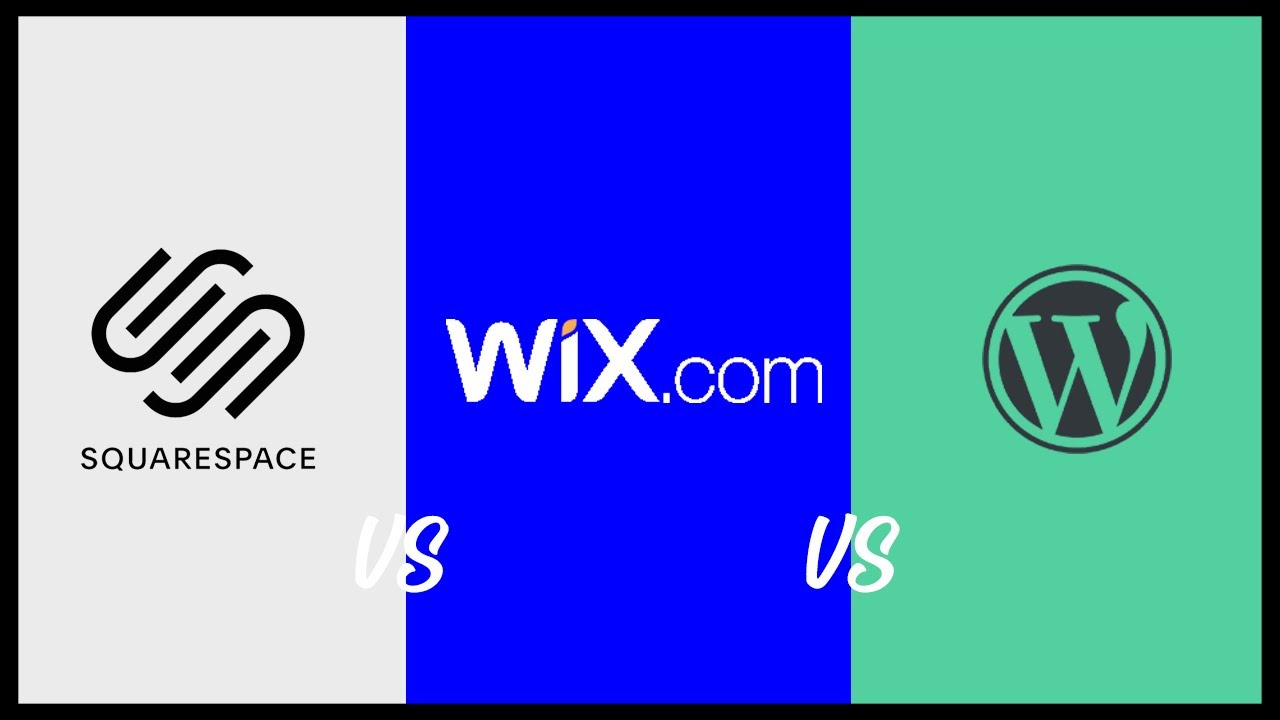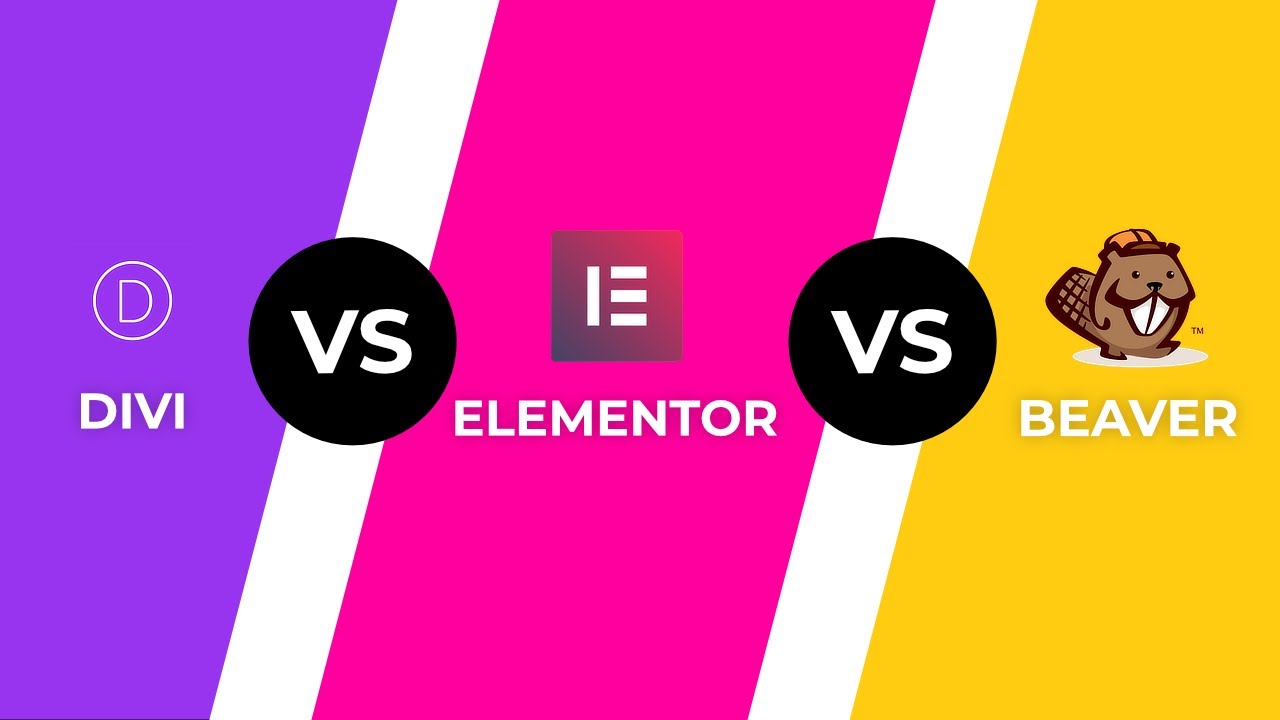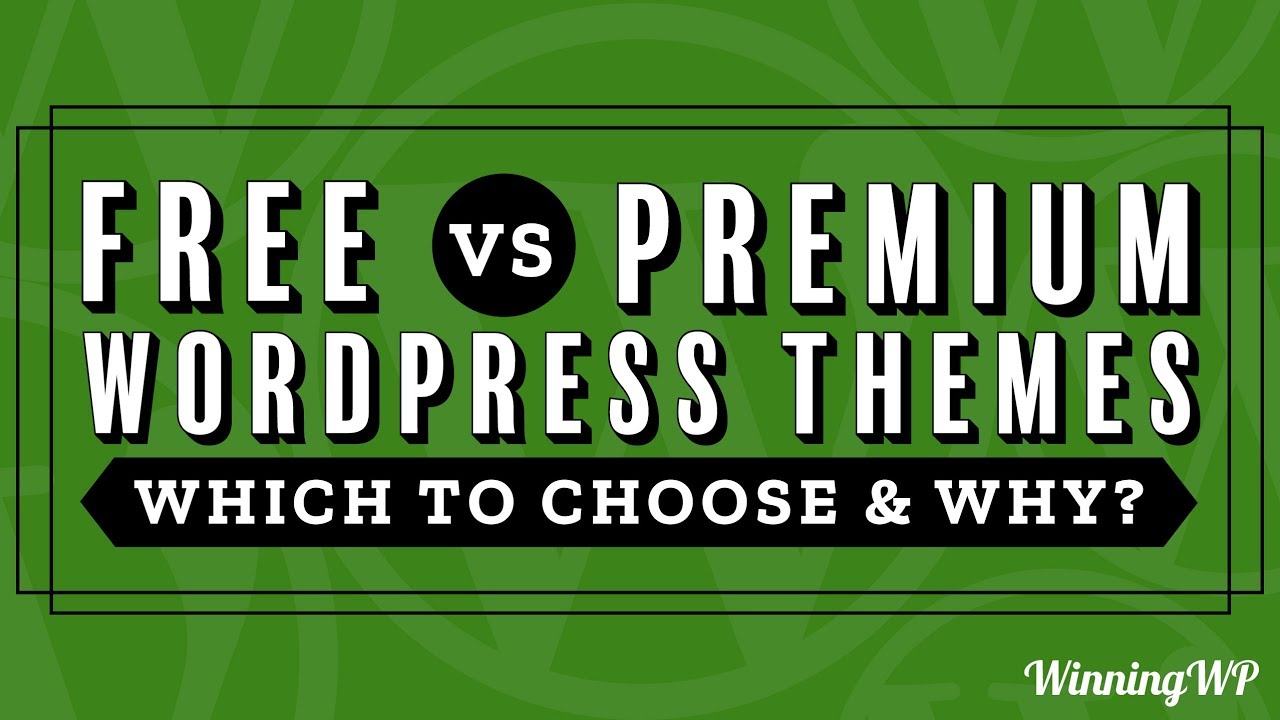Securing your WordPress site is not optional—it’s essential. With thousands of hackers targeting vulnerable websites every day, the need for reliable protection has never been greater.
This is where the best WordPress security plugins comparison becomes crucial, helping you evaluate top tools that can safeguard your website from malware, brute force attacks, and unauthorized access. Instead of guessing which plugin works best, a detailed side-by-side comparison reveals strengths, weaknesses, and pricing.
In this guide, we’ll explore the most trusted security plugins for WordPress so you can choose the one that fits your needs.
Why WordPress Security Matters
WordPress powers more than 40% of websites worldwide, from small blogs to major e-commerce stores. But with this dominance comes risk—hackers view WordPress sites as high-value targets. Common threats include:
- Brute Force Attacks: Hackers repeatedly attempt login combinations until they gain access.
- Malware Infections: Hidden malicious code can steal customer data or redirect your traffic.
- SQL Injection & Cross-Site Scripting (XSS): Attackers exploit weak input fields to manipulate your database.
- DDoS Attacks: Hackers overwhelm your site with traffic until it crashes.
- Backdoor Access: Attackers secretly install files that give them ongoing entry.
The impact of a successful hack can be devastating: loss of revenue, stolen customer information, SEO penalties, reputational damage, and even permanent website deletion.
A solid security plugin mitigates these risks by acting as a guardrail for your site—monitoring, blocking, and cleaning threats before they escalate.
Features to Look for in a WordPress Security Plugin
Before diving into the best WordPress security plugins comparison, it’s important to understand which features matter most. The right combination of tools ensures your site has both defense and recovery measures in place.
- Firewall Protection (WAF): Blocks malicious traffic before it reaches your server.
- Malware Scanning & Removal: Detects suspicious files and automatically removes malware.
- Login Security: Two-factor authentication (2FA), reCAPTCHA, and brute force protection.
- File Change Detection: Alerts you whenever files are modified.
- Blacklist Monitoring: Checks if your site is flagged by Google or security services.
- DDoS Mitigation: Prevents your site from being overwhelmed by fake traffic.
- Backup & Restore Options: Provides recovery in case of severe attacks.
- Ease of Use: Intuitive dashboard and straightforward setup.
- Pricing: Free vs premium features and whether it fits your budget.
Not all plugins offer everything, so comparing them side by side helps you make the best choice.
Best WordPress Security Plugins: In-Depth Comparison
Below, we review five of the most trusted and widely used security plugins. Each has its own strengths and ideal use cases.
1. Wordfence Security
Overview:
Wordfence is one of the most downloaded WordPress security plugins, with millions of active installations. It offers a powerful endpoint firewall and malware scanner, both designed specifically for WordPress.
Key Features:
- Web Application Firewall (WAF)
- Real-time malware scanning
- Live traffic monitoring (see bots, humans, crawlers)
- Brute force protection
- Two-factor authentication (2FA)
- Country blocking (premium feature)
Pros:
- Comprehensive free version with strong protection
- Advanced real-time firewall rules
- Regular updates and large security team
- Transparent reports on attacks and IPs blocked
Cons:
- Can be resource-heavy on shared hosting
- Premium license cost may be high for multiple sites
Pricing:
- Free version available
- Premium: $119/year per site
Best For: Site owners who want all-in-one protection with strong firewall capabilities.
2. Sucuri Security
Overview:
Sucuri is a globally recognized leader in website security. Their WordPress plugin integrates with a cloud-based firewall and CDN, providing both protection and performance optimization.
Key Features:
- Cloud-based firewall blocks malicious traffic before it reaches your server
- DDoS mitigation and malware cleanup service
- Security activity logging and auditing
- File integrity monitoring
- Blacklist monitoring (Google, Norton, McAfee)
Pros:
- Cloud firewall keeps attacks off your server
- Performance boost via CDN integration
- Guaranteed malware cleanup with premium plan
- Strong customer support
Cons:
- Free plugin offers only monitoring tools (no firewall)
- Premium pricing is higher than most competitors
Pricing:
- Free basic version
- Premium plans start at $199.99/year
Best For: High-traffic or e-commerce sites needing maximum uptime and advanced DDoS protection.
3. iThemes Security (formerly Better WP Security)
Overview:
iThemes Security focuses on WordPress hardening—locking down potential vulnerabilities before hackers exploit them.
Key Features:
- 30+ security measures built-in
- Two-factor authentication (2FA)
- Password expiration and strength enforcement
- Database backups
- File change detection
- Brute force protection
Pros:
- Very beginner-friendly with easy setup
- Strong focus on login and user security
- Affordable pricing compared to some competitors
Cons:
- Free version lacks firewall and malware scanning
- Advanced features require premium upgrade
Pricing:
- Free version available
- Pro starts at $99/year
Best For: Beginners and small site owners who want basic but reliable WordPress hardening.
4. All In One WP Security & Firewall
Overview:
This free plugin is community-driven and ideal for users who want a no-cost solution without compromising on features.
Key Features:
- User account monitoring
- Login lockdown and brute force protection
- Basic firewall rules
- Database backup and restore options
- Visual security meter to measure site security strength
Pros:
- 100% free
- Lightweight and won’t slow down sites
- Easy to configure even for non-technical users
Cons:
- Lacks advanced malware scanning
- Firewall isn’t as robust as premium alternatives
Pricing:
- Free forever
Best For: Site owners who want a reliable free security plugin with essential protection.
5. MalCare Security
Overview:
MalCare is a relatively newer but highly trusted security solution, known for its deep malware scanning and one-click removal feature.
Key Features:
- Automatic malware removal
- Intelligent firewall
- Login protection and brute force defense
- Site hardening features
- White-labeling for agencies
Pros:
- Very effective malware detection and cleaning
- Great for agencies managing multiple client sites
- Easy-to-use dashboard
Cons:
- Free version limited to scanning only
- Premium can be expensive if managing multiple small sites
Pricing:
- Free limited version
- Premium starts at $99/year
Best For: Agencies or site owners who need fast malware detection and cleaning.
Comparison Table: Best WordPress Security Plugins
| Plugin | Free Version | Firewall | Malware Scanning | 2FA | Price (Premium) | Best For |
|---|---|---|---|---|---|---|
| Wordfence | Yes | Yes | Yes | Yes | $119/year | All-in-one protection |
| Sucuri | Yes | Cloud | Yes | Yes | $199/year | Enterprise & e-commerce |
| iThemes Security | Yes | No | No | Yes | $99/year | Beginners & WP hardening |
| All In One WP Security | Yes | Basic | No | Yes | Free | Free users |
| MalCare | Yes | Yes | Yes | Yes | $99/year | Malware removal focus |
Which WordPress Security Plugin Should You Choose?
- Best Overall Protection: Wordfence
- Best for Enterprise-Level Sites: Sucuri
- Best for Beginners: iThemes Security
- Best Free Alternative: All In One WP Security
- Best for Malware Removal: MalCare
Your choice depends on your budget, site size, and risk exposure. For a personal blog, All In One WP Security may suffice. For online stores and businesses, investing in Wordfence or Sucuri is worth every penny.
Final Thoughts
This best WordPress security plugins comparison highlights that while no plugin can guarantee 100% protection, using the right one can drastically reduce your site’s risk. The right plugin shields your content, data, and customers from potential harm while giving you peace of mind.
Think about your priorities—whether it’s affordability, advanced malware removal, or enterprise-grade protection—and choose accordingly. Remember, prevention is always cheaper and easier than recovery after a hack.
Frequently Asked Questions (FAQs)
1. Do I really need a security plugin for WordPress?
Yes. While WordPress itself is secure, vulnerabilities arise from outdated plugins, weak passwords, and poorly configured hosting. A security plugin adds multiple protective layers.
2. Can I use more than one WordPress security plugin?
It’s not recommended. Running multiple security plugins may cause conflicts and slow down your site. Instead, choose one comprehensive solution.
3. What is the best free WordPress security plugin?
The best free option is All In One WP Security & Firewall, as it offers solid basic protection without hidden charges. Wordfence also has a powerful free version.
4. Which security plugin is best for e-commerce sites?
For online stores, Sucuri is highly recommended because its cloud firewall protects against DDoS attacks and ensures uptime, which is critical for e-commerce.
5. Do security plugins slow down WordPress?
Some plugins like Wordfence may use more server resources, but overall, the benefits outweigh the risks. Choosing a lightweight plugin or cloud-based option like Sucuri reduces performance impact.
6. How often should I scan my WordPress site for malware?
At least once a week. High-traffic or sensitive sites (e.g., e-commerce, membership) should enable daily or real-time scanning to catch threats immediately.








